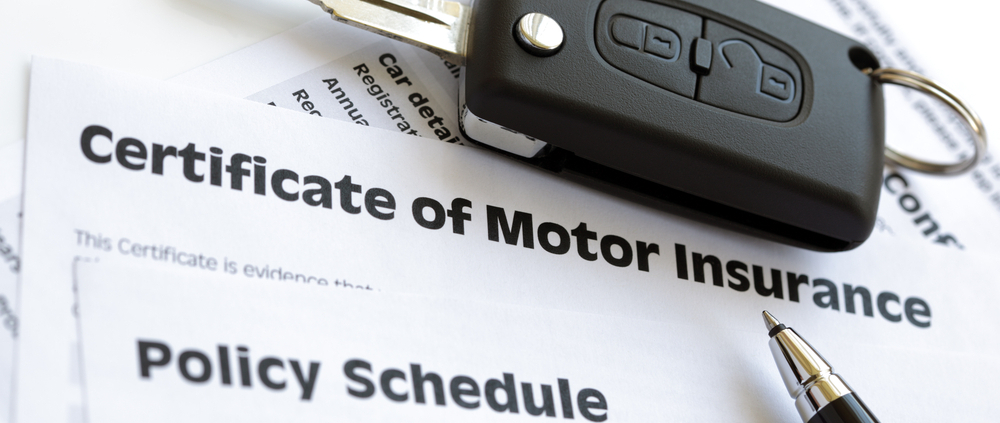Car Insurance for Mobility Vehicles and Drivers with Disabilities

For drivers with disabilities, a handicap accessible vehicle can transform day-to-day life with added independence. To keep the freedom of the open road rolling strong, there are a few critical steps to take: finding and purchasing the right vehicle for you, training on your new equipment, and making certain you’re properly insured to get behind the wheel. While comparing policies and premiums may seem like a tedious to-do, there are a few things you should be on the lookout for as a driver of an adaptive vehicle looking to get insured.
Ensure All Modifications Are Done by a QAP-Accredited Dealer
As a driver with a disability, ensuring your safety and independence is what every NMEDA Quality Assurance Program accredited dealer strives for. In addition to secure installations of your adaptive equipment by certified technicians, working with a QAP-accredited dealer is also extremely important when it comes to ensuring your insurance coverage. After a collision or other accident, equipment NOT installed correctly or by a professional could go uncovered by your insurance policy, a situation that can be avoided by going to a NMEDA dealer for your mobility needs. You should also disclose ALL adaptive modifications to your vehicle to your provider and understand what your coverage is on each.
Know Your Rights and Rates
It is unlawful for an insurance provider to deny someone coverage because of a disability or charge them a higher premium without justification. There are some circumstances when a disability can affect your rates if it’s determined to be a risk to yourself or other drivers. If you are a licensed driver, you have a right to fair and affordable insurance. If when searching for insurance you suspect an insurance company is trying to increase your premiums because of your disability, know there are many other honest and accommodating insurance agencies out there you can take your business to.
Make Sure You (and Your Equipment) Are Covered
When it comes to car insurance, you should always read the fine print. As you review your policy or quotes, look for two types of coverage:
- Handicapped equipment coverage will cover basic equipment, like a wheelchair lift.
- Special equipment coverage covers every part of your vehicle conversion, including lowered floors, lockdown systems, kneeling systems, etc.
In addition to making sure all of the modifications in your vehicle are covered, it’s also smart to cover any specialized equipment not attached to your car that travels with you, such as a motorized scooter, wheelchair, walker, etc.
Do you have any auto insurance or coverage tips for drivers with disabilities? Be sure to share them with us, and the rest of the disability community, on our Facebook and Twitter.
The National Mobility Equipment Dealers Association (NMEDA) is an advocate for mobility and accessibility for drivers with disabilities. If you need help with converting or buying a handicap accessible car, truck or van, please consider one of our Quality Assurance Program mobility equipment dealers.
